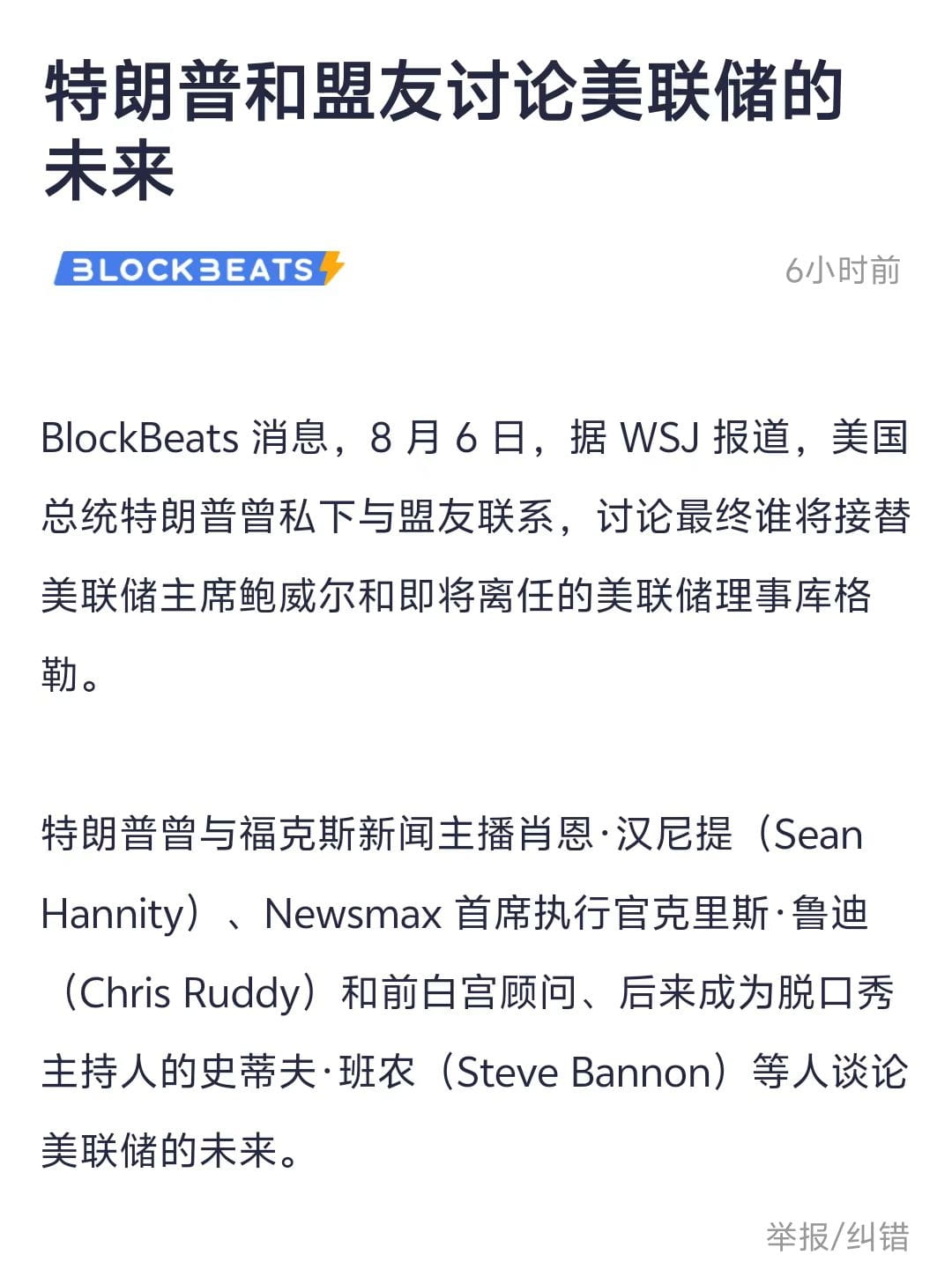Recently, the U.S. employment data hasn't been great, and the tariff increases haven't brought inflation up either. The voices calling for the Federal Reserve to cut interest rates are growing louder. If the upcoming economic data doesn't throw any curveballs, a rate cut in September seems almost certain, and some even speculate whether there will be a direct cut of 50 basis points.
However, the Federal Reserve cannot afford to act recklessly. If inflation suddenly spikes next month, or if employment unexpectedly improves, they might struggle to implement even two rate cuts this year. Their current stance is: better to go slowly than to make a wrong move. Thus, the upcoming key data—inflation and non-farm employment—are particularly important as they will directly determine how the Federal Reserve will respond.
In simple terms, the Federal Reserve is currently walking a tightrope: they want to cut rates to stimulate the economy, but they are also afraid that cutting too aggressively will reignite inflation. Therefore, they will be cautiously testing the waters in the market to avoid startling everyone when it comes time to take action.

#美国大选比特币价格预测 #TokenizedUSStocks
btc bnb eth
